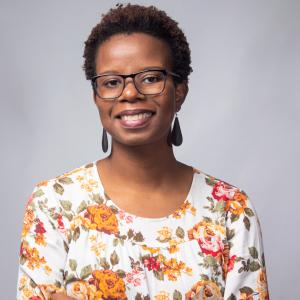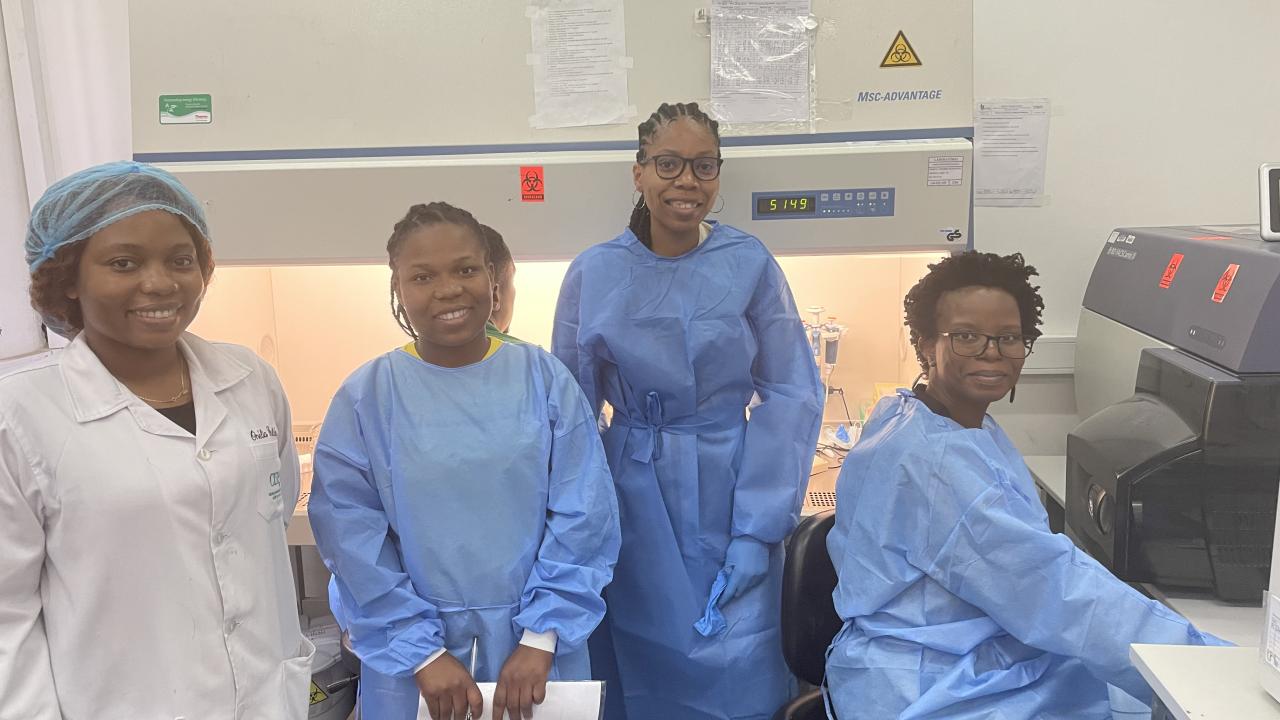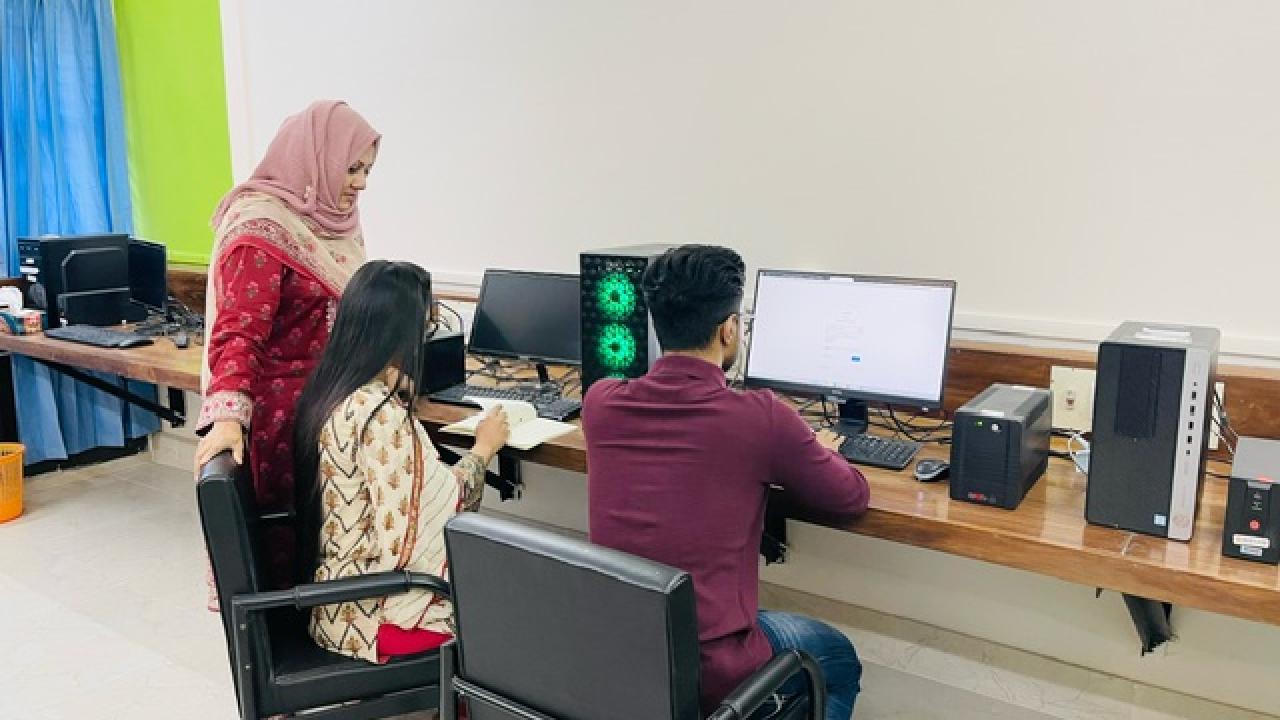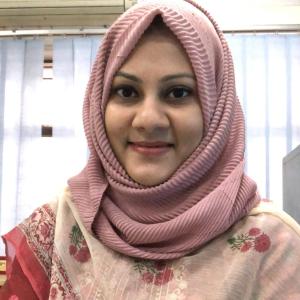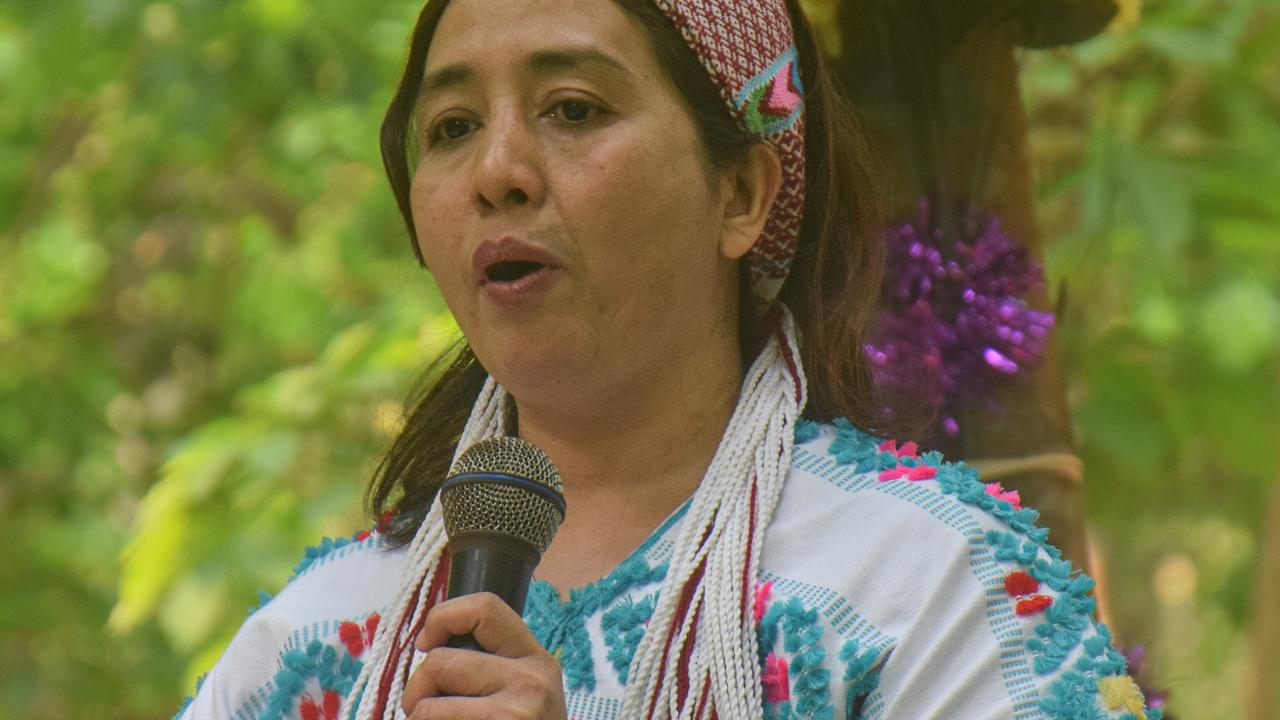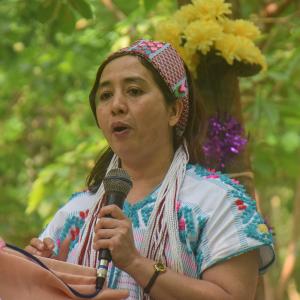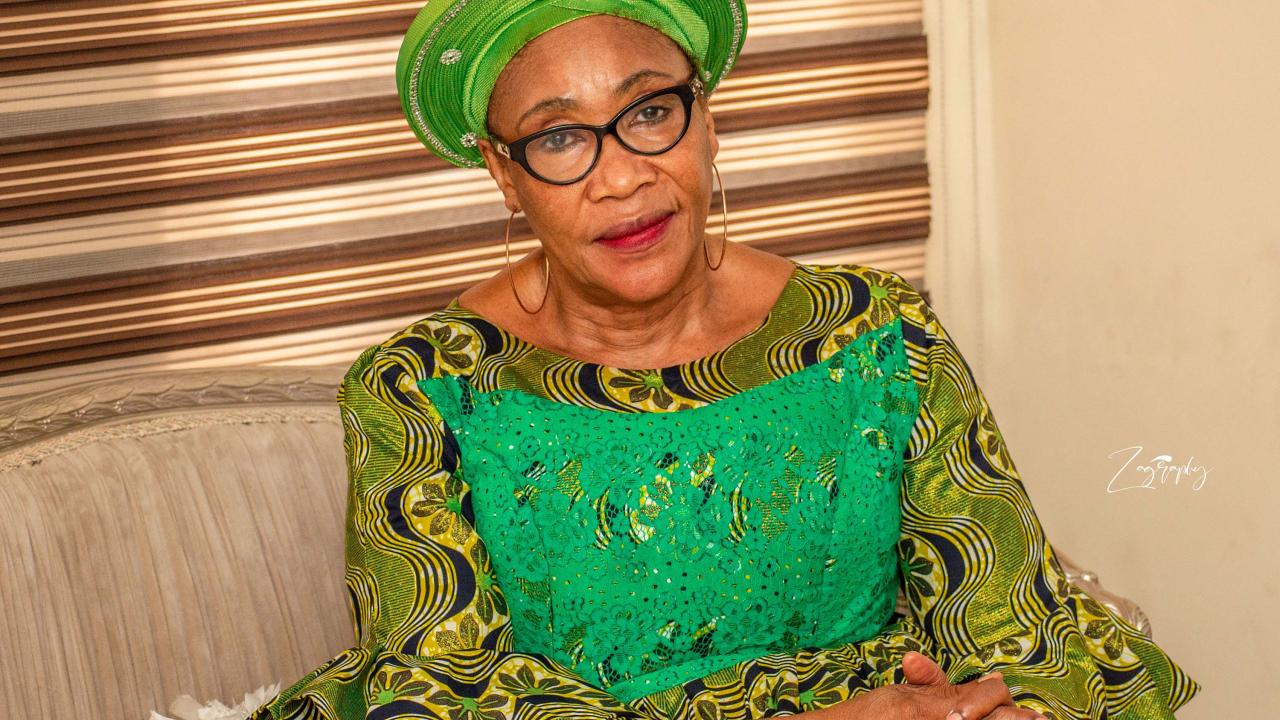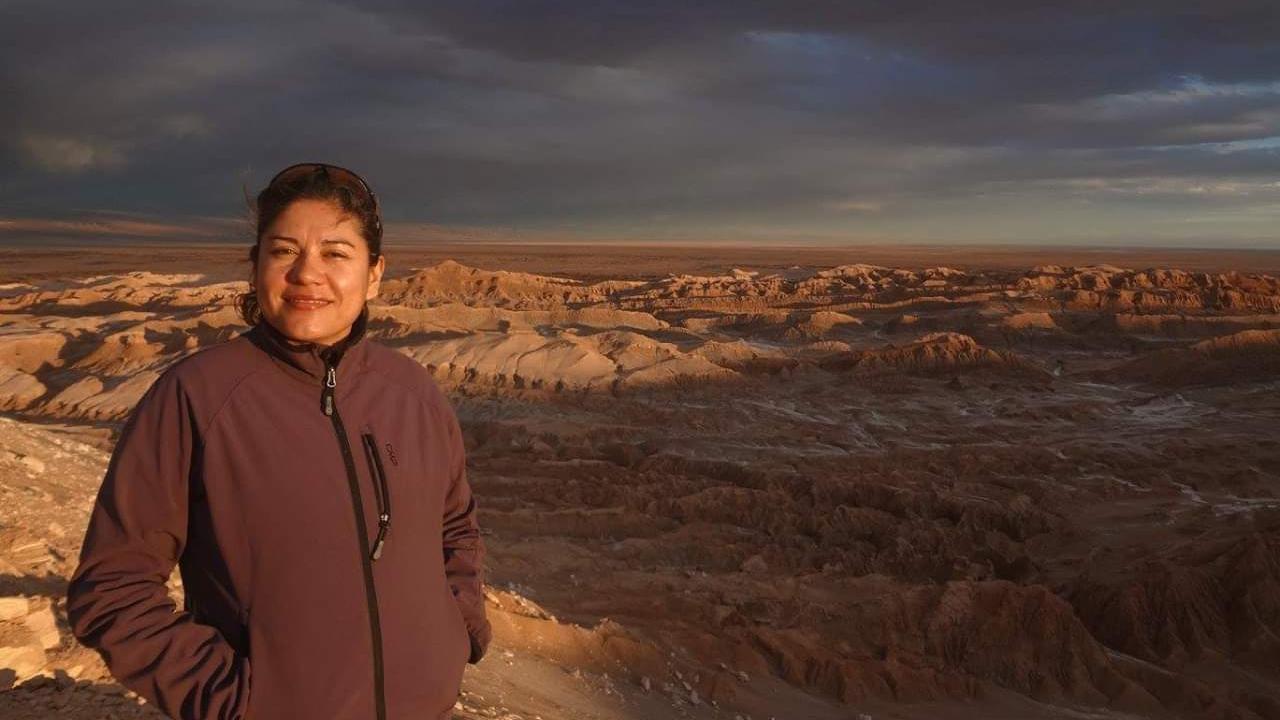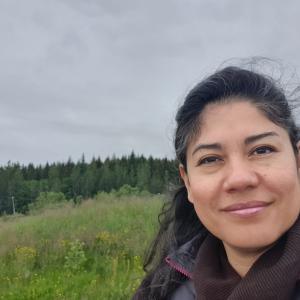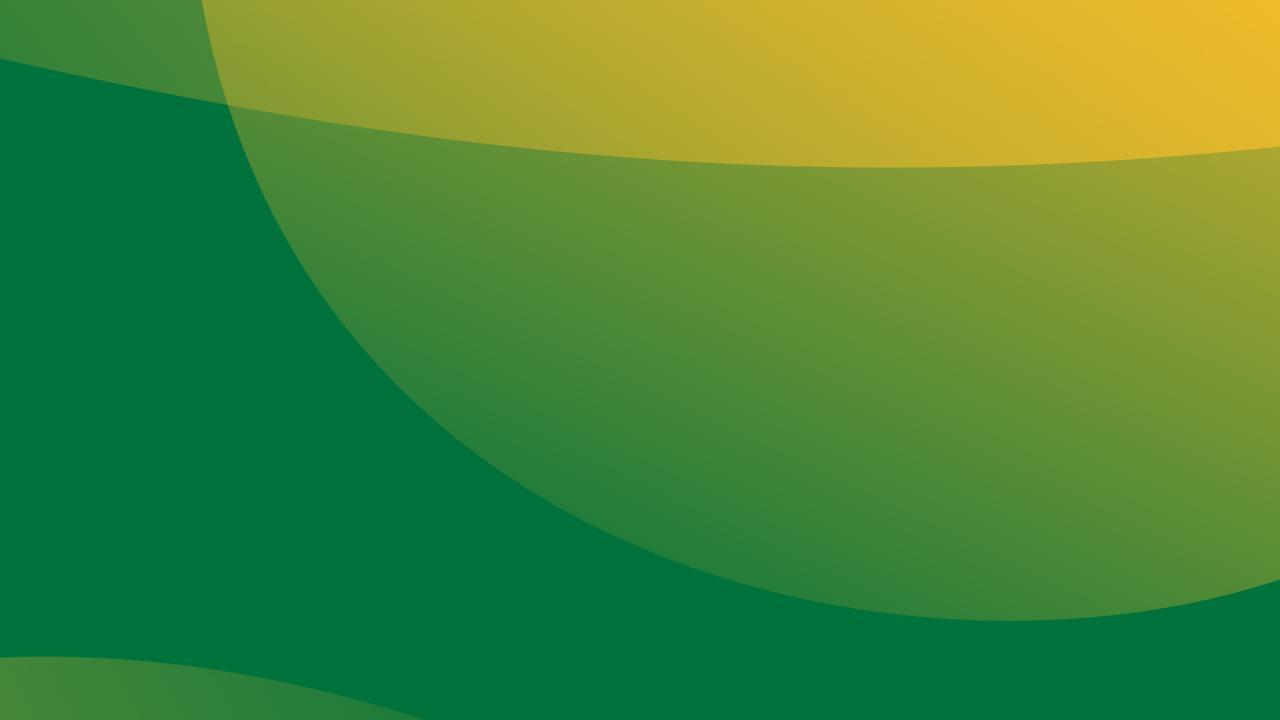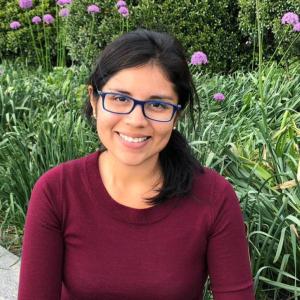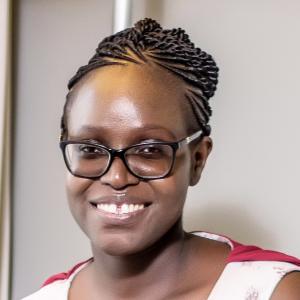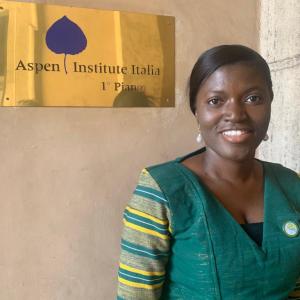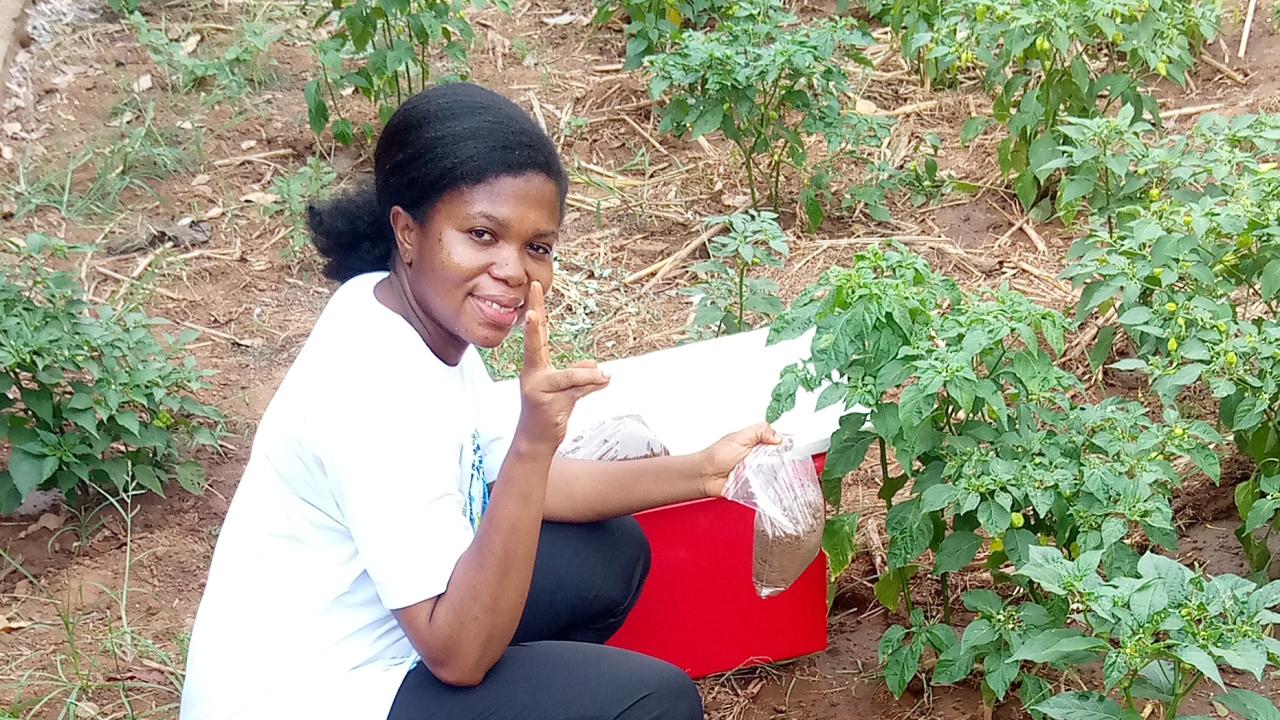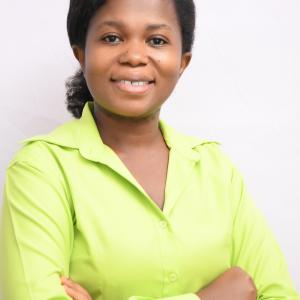Mozambican immunologist identifies local treatments for COVID-19
When the COVID-19 pandemic swept the world in 2020, scientists around the world scrambled to discover what they could about the new SARS-COV-2 virus and the enigmatic disease it caused, racing to develop treatments and vaccines. The large pharmaceutical companies that came to dominate this race as well as media attention were concentrated in wealthy countries in the Global North: Pfizer, Moderna, and Johnson & Johnson in the US; AstraZeneca in the UK; and Sinopharm in China. Many countries in the Global South were left wondering how long it would take vaccines and treatments to reach them, and were bracing for potentially devastating effects of the pandemic, with limited health care infrastructure and resources.
It was in the midst of this unfolding chaos that immunologist Raquel Matavele Chissumba was inspired to take matters into her own hands. “Here [in Mozambique] we have almost nothing, not even paracetamol,” she says. “A very simple thing is not produced here. When I see that, I say, ‘how come? This is something that we can do’. We have to import everything.”
Raquel, who heads the Endemic Diseases programme of Mozambique’s Instituto Nacional de Saúde (National Institutes of Health), had already been working on a research proposal for the 2020 OWSD Early Career fellowship, focused on leukemia – but when COVID-19 emerged, she quickly adapted it to respond to that more pressing need. “I was very afraid – borders were closing, and I said, ‘what will happen with my family?’ If things keep going the way they’re going, we will suffer…I have to think of something that can help us, that we can use based on resources that we have. The lack of things is the biggest inspiration in my life. I want to help my country.”
Raquel turned her attention to a potential treatment for COVID-19 based on a commonly available plant, Moringa oleifera. Various parts of the Moringa plant are used in many parts of Africa to treat several conditions, and scientific literature supported the potential of Moringa to reduce inflammation, which is known to play a large role in exacerbating the severity of SARS-COV-2 infection. It was already known that cytokine storms—an overproduction of small proteins that cause inflammation, in response to infection—were responsible for some cases of acute inflammation in COVID-19 patients. Beyond the cytokine storm, Raquel and her team hypothesized that this inflammation is also associated to the composition of the symbiotic gut bacteria, a key immune regulator, and that Moringa extracts may be able to act as a natural regulator, suppressing the inflammation caused by the unbalanced immune response to the virus. Her project, which was selected as one of 23 to receive funding from OWSD in 2020, is comparing the levels and profile of cytokines in samples collected from COVID-19 patients who are either stimulated or not with pieces of virus, before and after exposure to Moringa leaf extracts. Furthermore, they aim to compare the diversity and profile of the gut microbiome between individuals infected by the virus but with distinct clinical presentation. The results will inform both the potential for a local, easily available treatment for COVID-19 as well as the effects of the disease in tropical African populations more generally. It will also help to elucidate the specific biological mechanisms by which Moringa works: “In Mozambique, we have many studies [on the use of plants] from an ethnobotany perspective…this may be one of the few studies from the biological activity perspective.”
Raquel was drawn to science from an early age. “It was something natural for me,” she says. “I always wanted to become a scientist, it was a childhood dream.” Her interest was first sparked by scientific programmes for kids on television, but it was when she became involved in the National and International Olympiads competitions in primary and secondary school that her passion really developed: “I liked competition!” Beginning with the National Mathematics Olympiad in grade 4, she eventually came to represent Mozambique in the 2002 Pan-African Mathematics Olympiad in South Africa in grade 12, as well as in the 2002 International Biology Olympiad in Riga, Latvia in grade 12. It was through her participation in Olympiads that she came to know several scientists and doctors involved in coaching the students, and began to have a more clear idea of her path forward toward a career in the sciences: “Through the interaction with these teachers, I decided that to be a biologist was what I really wanted to do.”
Raquel was able to complete her bachelor’s degree in Entomology from the Universidade Eduardo Mondlane in Mozambique in 2007, but afterwards was faced with limited opportunities to continue her education; at that time, she relates, a Master’s in Public Health was the only scientific master’s programme offered within the country, and was not what she was interested in pursuing. Students interested in continuing in other fields were forced to look abroad, a factor she says particularly prevents women from progressing past the undergraduate level. “It’s not very easy in our context to have women go to study outside and leave the family – you have to choose what you want to do.”
Raquel began working at the National Institutes of Health, where she was able to take advantage of a new Master’s programme in Immunology (Cellular and Molecular Biology) from Brazil’s Instituto Oswaldo Cruz that was just being made available to Mozambican students. This was a unique opportunity because there was a strong scientific environment in the Immunology department, and all of the lectures were delivered by visiting Brazilian instructors in Mozambique, with only short research visits to Brazil required to complete the degree. After graduating in 2010, she was able to find a similar sandwich programme for her PhD, from the University of Antwerp in Belgium. She was lucky, she says, to have access to a well-equipped lab and samples at the National Institutes of Health, where she was leading the establishment of a clinical laboratory for one of the Clinical Research Sites of the Institute to conduct HIV clinical trials under an international network, and coordinating lab activities of HIV clinical trials, including the second HIV vaccine trial conducted in Mozambique. This enabled her to complete most of the necessary research for her PhD, which also focused on HIV, at her home institute.
After completing her PhD, Raquel continued working on HIV research, but the scope of her purview expanded when she was appointed to lead the activities of the Major Health Impact Endemic Diseases Program, which also includes infectious diseases like malaria, tuberculosis, cholera, and now COVID-19. Her work on COVID-19 in particular has made a big splash in Mozambique, where she says many citizens are not aware of scientific achievements happening within their borders. “With this work I gained national and international visibility. Especially here in my country…they say, ‘there’s someone that is trying to find a treatment for COVID.’ Everyone wanted to know, who is this person?” Even Mozambique’s president, Filipe Nyusi, announced her project across national news channels.
This new awareness has had a big impact not only on her personally, but on perceptions of scientific opportunities and potential in the country: “People didn’t realize that there scientists here in Mozambique...I receive calls from people saying that their nieces are saying that they want to be a scientist like you.” Raquel hopes that this new visibility will help interest in and investment in STEM to gain momentum in the country. “We need to multiply, we need to have more people. It’s one more thing I am doing, trying to train people to come up with their own ideas, their own contributions.”
